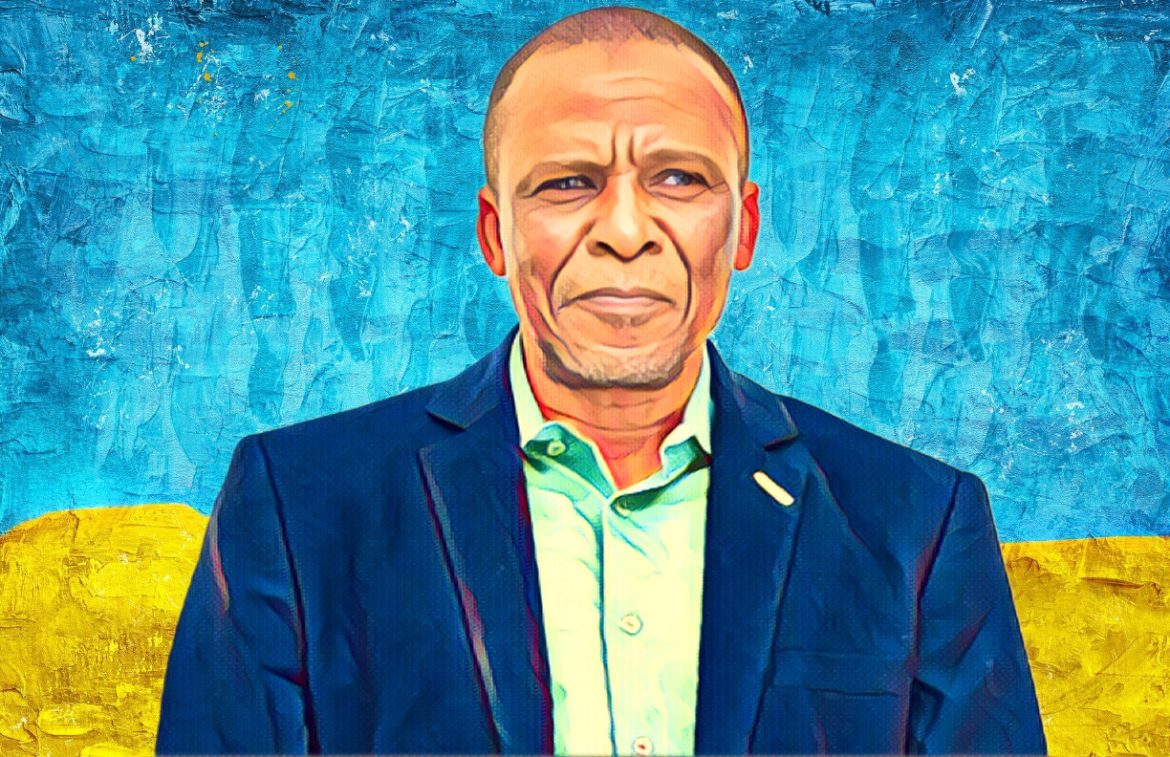KEY POINTS
- Nigeria is still not ready for the national elections in 2027.
- There are still issues with the 2023 poll changes’ poor execution.
- Ya’u claims that in order to fix the system, political will is required.
Nigeria might not be ready for the scope and complexity of what is ahead, especially with the general elections in 2027 approaching. This was made evident by Dr. Auwal Musa Rafsanjani, executive director of the Civil Society Legislative Advocacy Centre (CISLAC), who also raised concerns about the nation’s long-standing shortcomings in political commitment and electoral infrastructure.
Ya’u, as he is commonly known, feels that if significant institutional and legal reforms are not put into place quickly, Nigeria could face another contentious and disorderly election.
Lack of political will for important reforms
Ya’u did not mince words when addressing an Abuja electoral stakeholders’ forum: the shortcomings of the 2023 polls had not been resolved. He claimed that although the 2022 Electoral Act was a positive move, many problems remained because of the inadequate application of its provisions.
The Bimodal Voter Accreditation System (BVAS), which experienced issues during the most recent elections, was one of the crucial technologies for which he blamed the Independent National Electoral Commission (INEC) for its shortcomings. Ya’u underlined that making the same mistakes again in 2027 is unavoidable unless those logistical and technical flaws are fixed.
Nigeria is not prepared for the national elections in 2027
“Credible elections are not possible in Nigeria due to the current political climate,” Ya’u said. According to reports by Vanguard news, he also mentioned the continued prevalence of vote buying, voter intimidation, and lax enforcement of electoral laws.
Concerns are mounting that the administration lacks the political will or urgency to give critical reforms top priority, despite civil society’s efforts to involve electoral stakeholders. Ya’u cautioned that depending solely on last-minute solutions would simply lead to another problem of legitimacy, like to the aftermath of the 2023 election.
In particular, he asked lawmakers to revise the Electoral Act’s sections pertaining to campaign finance, electoral dispute resolution, and diaspora voting as soon as possible to ensure proper implementation.
Democracy could be derailed by structural flaws
According to CISLAC’s study, the democratic process is losing credibility due to poor voter trust, institutional capture, and impunity. Ya’u cautioned that more setbacks to Nigeria’s democracy would occur in the absence of strong leadership and structural reforms.
As 2027 draws near, the question is not if Nigeria wants legitimate elections, but rather if it is prepared to make the difficult choices necessary to achieve that goal.


